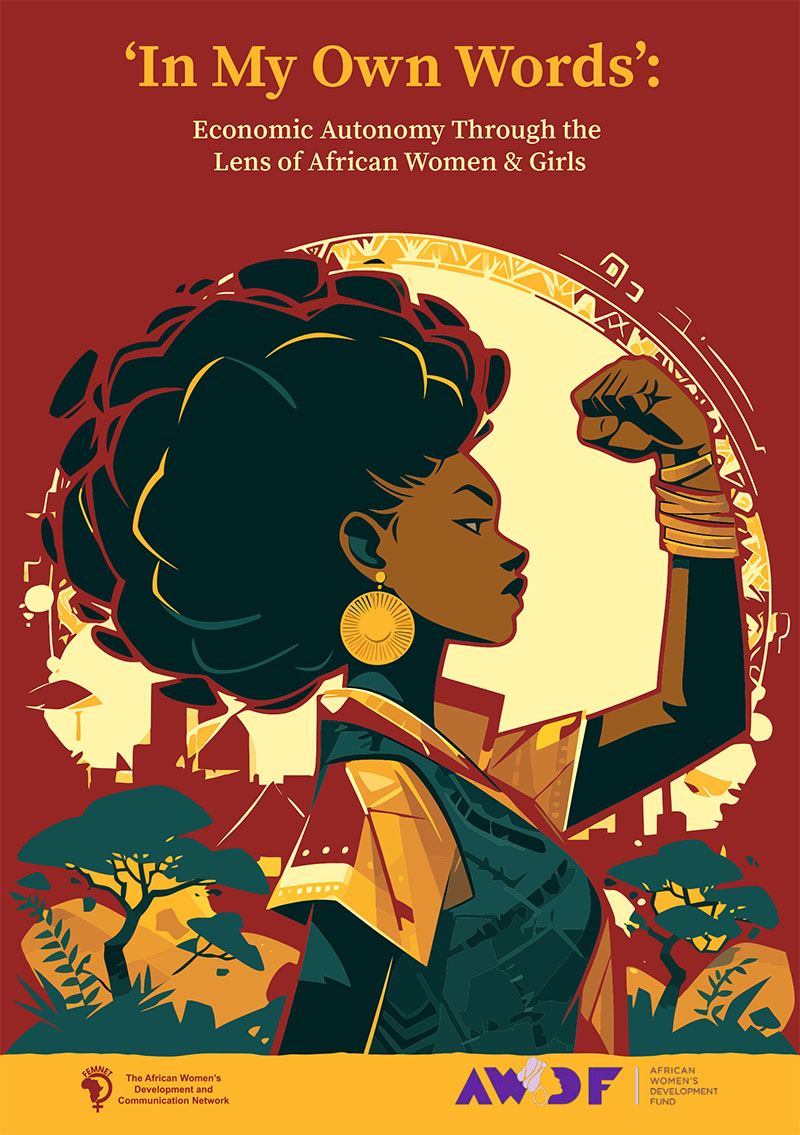
‘In My Own Words’: Economic Autonomy Through the Lens of African Women & Girls
At this rate, by 2030, an estimated 342 million women and girls will still be trapped in this cycle. This gap is particularly wide for women in informal jobs, which make up nearly 60% of female employment globally. Beyond these, the economic value of this work is estimated at a staggering $10.8 trillion annually, exceeding the global tech industry’s worth4. Studies further suggest that if valued monetarily, unpaid care work in Africa could represent a substantial portion of GDP, exceeding 40% in some countries. Furthermore, women face greater barriers
to accessing financial institutions and bank accounts, hindering their economic opportunities. The current status quo, coupled with factors such as gender-based violence, limited access to resources, and ingrained social norms, continues to impede women’s economic empowerment. Nonetheless, FEMNET recognizes that investing in women’s economic empowerment is integral for gender equality, poverty eradication and inclusive economic growth. Against this backdrop, this collection of stories serves as a critical voice in advocating for women’s economic justice. It seeks to raise awareness about the critical challenges women face in achieving their economic justice.
With women sharing what economic autonomy means to them and their respective calls to action to their governments and development partners, the book remains a critical reference point for a rights-based approach to women’s economic justice.
